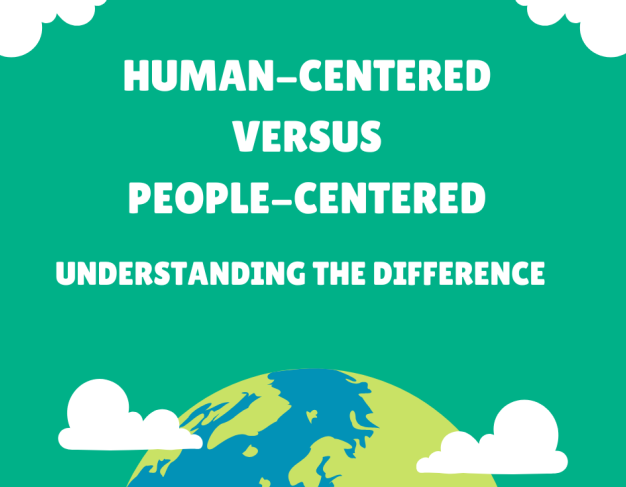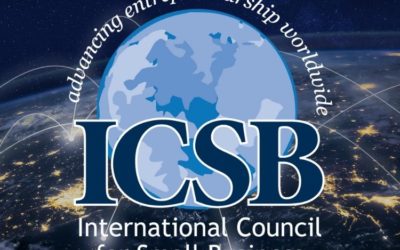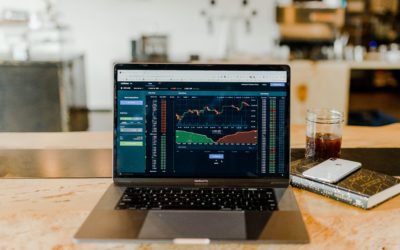ICSB GAZETTE
Submit to the Member SpotlightRebuilding the sense of community
The Institute of Public Accountants (IPA) is one of the three professional accounting associations in Australia, with 75 percent of our members being either advisers to Small to Medium Enterprises (SMEs) or SMEs themselves.
Regulations Digitization Networks
Regulations, Digitization, and Networks can become strengths for small businesses and not just impediments.=. Understanding how rules affect your industry and how to be up to date with newer technologies while expanding one’s network are challenges that small business owners face and are being removed in the push for inclusion and sustainable small business growth.
Corporate Entrepreneurship: The Power of Creativity and Passion in a Crisis
Let’s not pretend that things will change if we keep doing the same things. A crisis can be a real blessing to any person, to any nation. For all crises bring progress.
Albert Einstein
The Entrepreneurial Leopard
Used as a title for a recent essay in this ICSB series (Dana and Salamzadeh, 2022), the idiom “A leopard cannot change its spots” is thousands of years old. It means people and things cannot change their innate nature. But this is exactly what MSMEs will need to do.
Entrepreneurship around the Globe: “A leopard never changes its spots!”
Many people believe that doing business is just about selling something. Although this could be true, one cannot neglect the importance of where we do such activities. As mentioned by Peter Drucker: “culture eats strategy for breakfast”. The context reveals the playground in which we could win or lose. While a businessperson could succeed in a context, he or she might not even be able to compete in another context. The culture could motivate people or kill their creative spirit.
From Digital Revolution Back to the Barter System in One Day
We have been witnessing a digital revolution worldwide which affected all industries, especially with the evolution of digital payment methods. The global connectivity due to the introduction of the Internet allowed for the flow of information, payments, emails, texts, to name a few.
Alternative Finance Landscape: Roboadvising
At various stages in their personal lives, many entrepreneurs choose to seek the advice of a finance professional to assess risks and recommend financial solutions that could help in the financial decision-making process.
So You Say You Want An Entrepreneurial Revolution
2022 is ICSB’s Year of Revolution. We have been witness to no less than four Copernican revolutions in how to develop entrepreneurs and entrepreneurship. In each case, we have already had our Copernican moments. But would Copernicus be Copernicus without those like Kepler who fought to prove their essential value? As a field, the time has now come to find and support our Keplers.
Why Corporate Entrepreneurship And Why Now?
Today, as a global society, we are faced with our form of punctuated equilibrium event brought on by a confluence of exogenous forces led by the COVID-19 pandemic and enhanced by intensified global concerns about the environment and climate change and demands for social justice through meaningful diversity equity and inclusion.
Industria 4.0 y Pymes manufactureras en Latinoamérica Entrega 1
El nivel de difusión de las nuevas tecnologías involucradas en la llamada Industria 4.0 (I40) es aún incipiente en América Latina y en particular en pymes manufactureras. La I40 presenta dos dimensiones, por un lado, la política descendente en la que los gobiernos incentivan al sistema productivo a adoptar los motores de esta revolución tecnológica y, por otro, la dimensión empresarial impulsada por las grandes empresas transnacionales y la red de participantes pymes en sus cadenas de valor.











